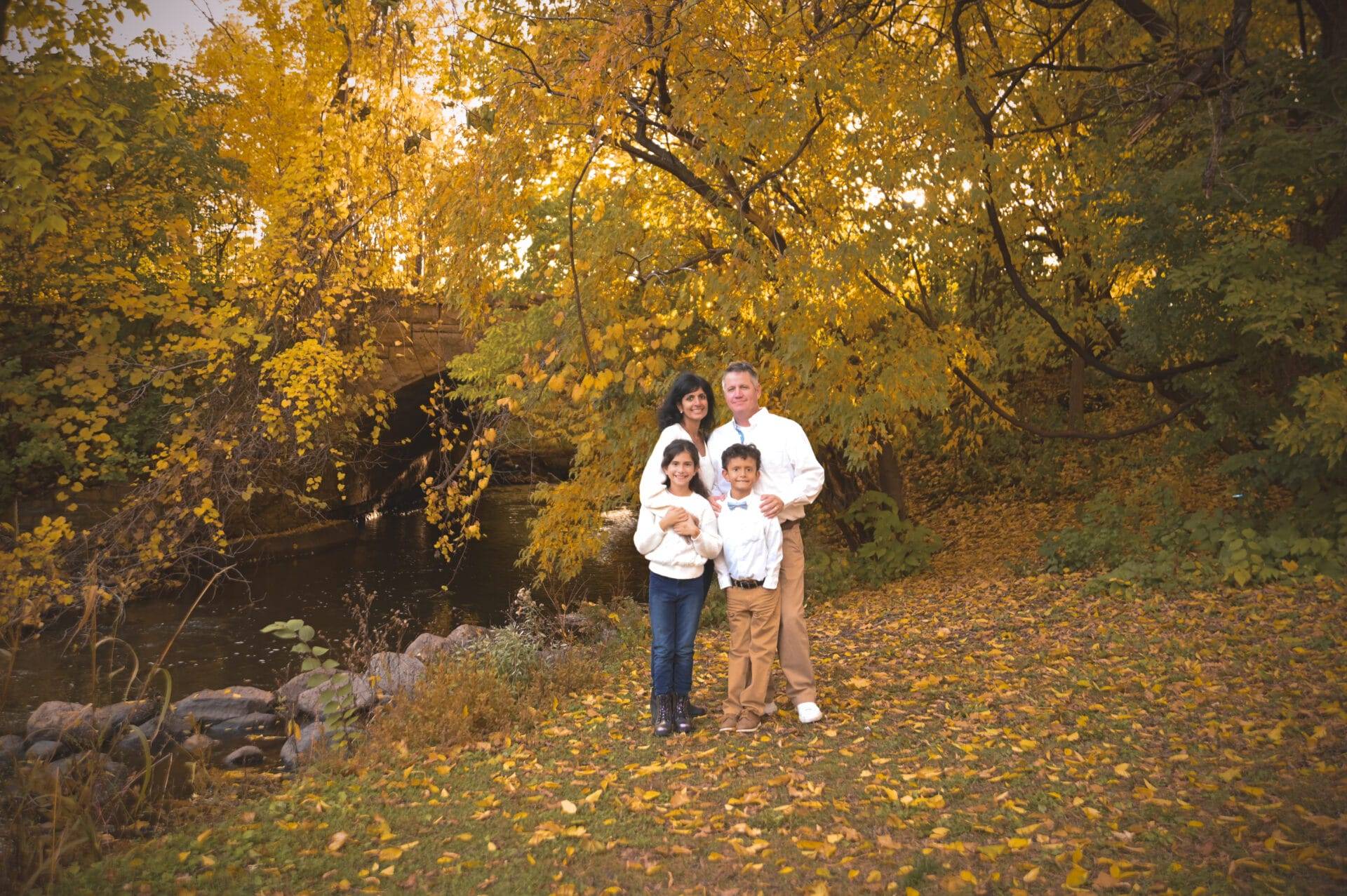As a new photographer, you may often feel the pressure to accept free work, especially when you’re eager to build your portfolio or gain exposure in the competitive photography market. However, consistently agreeing to unpaid projects can have a significant long-term impact on both your career and the perception of your work. In this blog, we aim to empower photographers to recognize the value of their skills and time. We’ll explore why it’s not only okay but sometimes necessary to decline unpaid offers. This discussion is crucial for anyone looking to establish themselves as professionals who deserve fair compensation for their craft and hard work..
Understanding Your Worth
Hey there, fellow photographer! Today, I want to dive into a topic that is so important yet often overlooked – understanding your true worth in the photography industry. Let’s chat about the valuable aspects of our profession that deserve recognition.Skill Investment
One of the key points that often goes unacknowledged is the massive amount of training and expertise that photographers invest in their craft. From mastering the technical aspects of the camera to understanding composition and lighting, our skills are honed through dedication and practice. These skills are not just picked up overnight; they require time, effort, and often financial investment in courses and workshops.Equipment Costs
Now, let’s talk about the elephant in the room – photography equipment. I’m sure you can relate to the significant costs that come with owning and maintaining quality gear. Cameras, lenses, tripods, lighting equipment – the list goes on. It’s not just a one-time purchase; equipment needs to be upgraded, serviced, and insured to ensure we deliver top-notch results for our clients.Market Value
Understanding the professional rates within the industry is crucial for setting a benchmark for our services. It’s essential to know our market value and not undersell ourselves. By educating ourselves on industry standards, we can better advocate for fair compensation for our skills and expertise. Remember, your creativity and hard work have value!Empowerment Through Setting a Benchmark
Empowerment comes from knowing your true worth and standing firm in your value as a photographer. By setting a benchmark for our services, we not only uplift ourselves but also contribute to the overall respect and recognition of photographers in the industry. It’s about valuing our craft and expertise while demanding the respect and compensation we deserve.- Highlight the training and expertise photographers invest in.
- Remind of the significant costs of photography equipment.
- Educate on professional rates within the industry.
- Empower photographers to set a benchmark for their services.
The Impact of Free Work on the Industry
Hey there, in this section, we’re going to delve into the impact of free work on the photography industry. Let’s explore how unpaid projects can affect both photographers and the field as a whole.Unpaid Work Devalues the Profession
When we consistently accept unpaid gigs, it sends a message that our skills and services hold little value. It undermines the professionalism of photographers and contributes to the misconception that photography is a hobby rather than a legitimate profession. Clients may begin to expect free or cheap services, making it harder for all photographers to command fair compensation for their work.Precedent Set by Accepting Free Work
By agreeing to work for free, we unintentionally set a precedent that our time and expertise can be accessed without cost. This can lead to a cycle of requests for unpaid projects, with clients assuming that professional photography services should come at little to no cost. It’s essential to break this cycle and establish boundaries that reflect the value of our craft.Economic Impact on Photographers’ Livelihood
The economic repercussions of accepting free work are significant. When we consistently give our services away for free, we erode our ability to earn a sustainable income from photography. This not only affects our financial stability but also impacts the industry as a whole by driving down rates and devaluing the work of all photographers. It’s crucial to consider the long-term consequences of working for exposure or experience alone.Importance of Fair Compensation
At the core of this issue lies the importance of fair compensation for our work. As photographers, we invest in our skills, equipment, and time to deliver professional results. By demanding fair pay for our services, we not only uphold the value of our profession but also ensure that we can continue to pursue our passion and make a living doing what we love.Building the Right Portfolio
When it comes to building your portfolio as a photographer, there’s a common misconception that more is always better. But let me tell you, quality triumphs over quantity any day. Selectivity in choosing the projects you showcase can make a world of difference in how potential clients perceive your work.- Emphasize quality over quantity in portfolio selection.
- Encourage targeted projects that align with career goals.
- Stress the importance of a professional portfolio.
- Discuss the long-term benefits of selective work.
Negotiating Skills
Hey there fellow photographers! Today, let’s dive into the essential skill of negotiating in the world of photography. It’s crucial to know how to advocate for fair compensation and stand up for the value of your work. Here are some tips and techniques to help you navigate negotiations like a pro.Teaching Basic Negotiation Techniques
When it comes to discussing payment for your photography services, it’s important to approach negotiations with confidence and a clear understanding of your worth. One basic technique is to research industry standards for pricing and rates. Knowing the typical compensation for your expertise can serve as a valuable benchmark during discussions.- Research market rates for photography services
- Highlight your unique skills and experience
- Clearly communicate your value to potential clients
Politely Declining Unpaid Offers
It can be challenging to turn down unpaid projects, especially when you’re just starting your photography career. However, it’s essential to recognize the long-term impact of consistently agreeing to work for free. Politely declining unpaid offers is a skill that requires tact and professionalism.- Express gratitude for the opportunity
- Explain your commitment to maintaining professional standards
- Suggest alternative ways to collaborate that provide fair compensation
Considering Skill Exchanges
In situations where monetary compensation may not be feasible, proposing skill exchanges can be a creative solution. This option allows you to leverage your expertise while gaining valuable services or resources in return. Skill exchanges can be mutually beneficial and foster collaboration within the photography community.- Identify potential partners for skill exchanges
- Clearly outline the terms of the exchange
- Ensure that both parties benefit from the arrangement
Empowering Yourself to Advocate for Your Worth
As photographers, it’s essential to advocate for the value of our work and expertise. By empowering ourselves to negotiate fair compensation, we contribute to raising the overall standards within the industry. Remember, knowing your worth and confidently communicating it are key aspects of professional growth and sustainability. Stay tuned for more insights on navigating the photography industry with confidence and integrity!When to Consider Free Work
Hey there! Today, I want to delve into the topic of when it might actually be beneficial to consider doing some work for free. Many photographers, especially those starting out, face the dilemma of whether or not to accept unpaid projects. Let’s explore some scenarios where saying yes to free work can actually be a strategic decision.Benefiting Charitable Causes through Free Work
One compelling reason to consider taking on unpaid projects is when it involves supporting charitable causes that you are truly passionate about. Sometimes the opportunity to contribute your skills and photography expertise to a cause that aligns with your values can be incredibly fulfilling.Accepting Projects that Fill Portfolio Gaps
Another situation where free work can be beneficial is when it helps fill crucial gaps in your portfolio. For emerging photographers looking to showcase a diverse range of skills or target a specific niche, accepting unpaid projects that add value to your portfolio can be a strategic move.Utilizing Free Work for Networking Opportunities
Networking is key in the photography industry, and sometimes agreeing to do free work can open doors to valuable connections and future paid opportunities. By offering your services pro bono to the right clients or organizations, you may expand your network and increase your chances of landing lucrative gigs in the future.Highlighting the Potential Benefits of Unpaid Projects
It’s essential to recognize that not all unpaid projects are equal. While it’s crucial to value your work and expertise, there are instances where saying yes to free work can lead to indirect benefits such as exposure, experience, or personal satisfaction. Evaluating each opportunity on a case-by-case basis can help you determine when the potential advantages outweigh the lack of monetary compensation.The Psychological Impact of Saying No
As a photographer, we often find ourselves facing the dilemma of whether to say yes or no to unpaid projects. It’s a decision that can have a significant psychological impact on our professional lives. Let’s dive into how saying no can actually be a positive step for our well-being and growth.Boosting Self-Value and Confidence in Professional Work
When we say no to unpaid projects, we are essentially affirming our self-worth and the value of our skills. It’s crucial to acknowledge that our expertise and time are valuable assets that deserve fair compensation. By setting boundaries and saying no to free work, we boost our confidence in the quality of our services.Contributing to Professional Growth Through Boundaries
Setting limits on unpaid projects is not just about saying no; it’s about cultivating a professional mindset that prioritizes growth and respect in the industry. By establishing boundaries and being selective with the projects we take on, we create space for meaningful opportunities that align with our long-term career goals.Avoiding Burnout by Setting Limits on Unpaid Projects
One of the most common pitfalls for photographers is burnout, often caused by overcommitting to non-paying projects. By learning to say no to unpaid offers that don’t align with our goals or values, we protect our well-being and prevent exhaustion. It’s important to remember that our mental and physical health should always come first.Emphasizing the Importance of Self-Care in Photography
Self-care isn’t just about taking breaks and getting enough rest; it’s also about valuing our work enough to know when to say no. By prioritizing self-care and setting boundaries around the projects we take on, we create a sustainable and fulfilling career path. Remember, saying no is an act of self-respect and professionalism.Conclusion
As we wrap up our discussion on the importance of saying no to free work, let’s quickly go over why this stands as a crucial step in valuing our craft and ourselves as photographers. Declining unpaid projects is more than just a statement of self-worth; it’s a strategic move that fosters growth, both professionally and personally. Here’s a brief recap of what we’ve covered:- Recap the benefits of declining free work: By turning down unpaid projects, we preserve the value of photography as a profession, setting a higher standard for our services.
- Emphasize the importance of valuing photography services: Recognizing our worth not only benefits us individually but elevates the entire industry, ensuring fair compensation for all photographers.
- Reaffirm the message of professional growth through boundaries: Establishing boundaries around free work is not just about monetary gain; it’s about fostering respect for our skills and time, leading to long-term success.
- Encourage photographers to prioritize their worth: It’s essential to prioritize our self-worth and set a standard for our services, paving the way for a sustainable and fulfilling career in photography.



